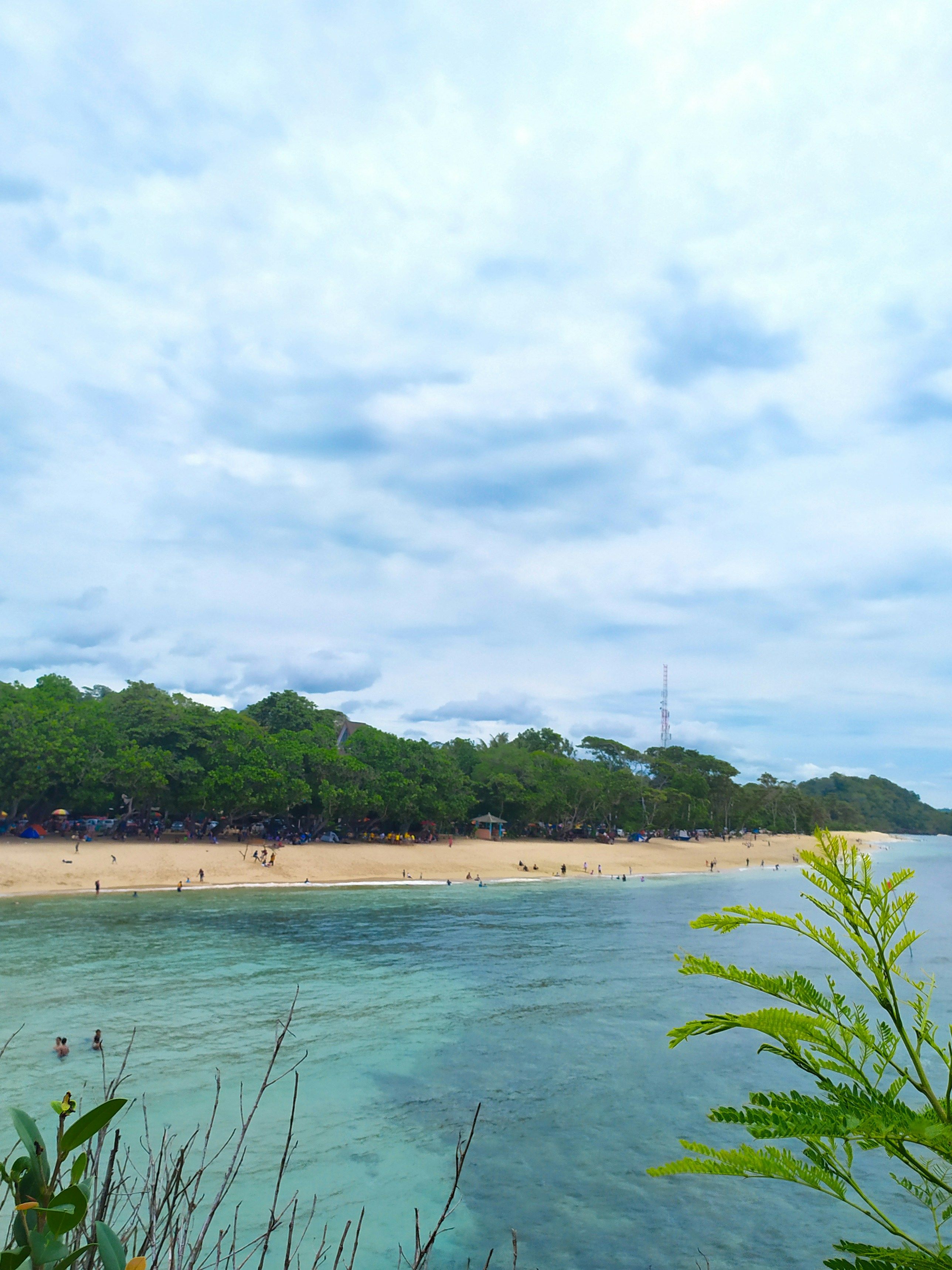Kazakhstan and the OSCE to Enhance Collaboration in Financial and Ecological Aspects
Kazakhstan and the OSCE Stepping Up Green Efforts
Astana, Kazakhstan, is the setting for a discussion between Kazakhstan's Deputy Foreign Minister Roman Vassilenko and OSCE Coordinator of Economic and Environmental Activities (OCEEA) Bakyt Dzhusupov. The meeting's focus? You guessed it - a commitment to strengthening cooperation in the realms of sustainable development, climate action, and cross-border connectivity, all under the banner of environmental stewardship.
Let's dive into the details of their meeting, where collaboration on green ports, strategic transport routes, and regional environmental cooperation took center stage.
Green Ports: A Key Focus
Kazakhstan and the OSCE are endeavoring to make ports more environmentally friendly - enter the green ports initiative. This move aims to reduce carbon emissions, boost energy efficiency, and modernize transport infrastructure. The ultimate goal? Sustainable regional connectivity, where economic growth doesn't compromise ecological preservation.
Strategic Transport Routes: A Greener Future
Enhancing strategic transport routes that link Central Asia's regions is a joint endeavor between Kazakhstan and the OSCE. As part of this collaboration, Kazakhstan is actively investing to expand its Caspian Sea ports Aktau and Kuryk, aiming to increase transit traffic via the Middle Corridor to 10 million tons by 2027, thereby fostering economic growth and advancing environmental sustainability.
Climate Action and Regional Environmental Cooperation
Climate change and environmental issues receive particular attention in the Kazakh-OSCE partnership. Kazakhstan underlines its dedication to tackling climate challenges in line with international commitments, including the 2021 Stockholm Ministerial Council Decision on strengthening OSCE cooperation in addressing climate-related concerns.
Kazakhstan also pledges support for Finland's chairmanship objectives, evidenced through high-level participation in the upcoming International Conference on Climate and Security, to be held in Finland this June. Moreover, plans are underway for Kazakhstan to host a Regional Climate Summit in 2026, with the United Nations' patronage, to address collective climate challenges in Central Asia.
Water resource areas, such as the Aral Sea basin and the Caspian Sea, also form part of the Kazakh-OSCE partnership. International collaboration to preserve these vital water bodies is crucial for ecological preservation across the region.
Early Warning Systems and Emergency Response
Natural disaster preparedness and response have received special attention in the partnership. Parties involved are keen to build upon existing collaboration with the Emergency Situations and Disaster Risk Reduction Centre based in Almaty.
In wrapping up the meeting, Dzhusupov thanked Kazakhstan for its ongoing support, while expressing his readiness to further deepen cooperation with the Kazakh side. In summary, Kazakhstan and the OSCE are committed to fostering a greener future across Central Asia and the broader OSCE region through collaborative initiatives in sustainability, climate action, green ports, transport connectivity, and regional environmental cooperation.
- The green ports initiative, a key focus of Kazakhstan and OSCE's collaboration, aims to modernize transport infrastructure, boost energy efficiency, and reduce carbon emissions in a bid to ensure sustainable regional connectivity without compromising ecological preservation.
- As part of their joint venture, Kazakhstan is investing in expanding its Caspian Sea ports Aktau and Kuryk, with the goal of increasing transit traffic via the Middle Corridor to 10 million tons by 2027, thereby fostering economic growth and promoting environmental sustainability.
- Kazakhstan's pledge to address climate change aligns with international commitments, including the Stockholm Ministerial Council Decision, and is further evidenced by its support for Finland's chairmanship objectives and plans to host a Regional Climate Summit in 2026, focusing on collective climate challenges in Central Asia.








